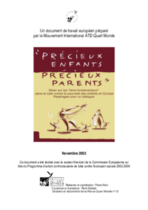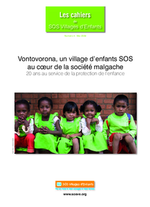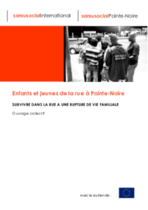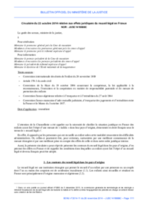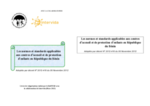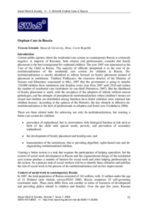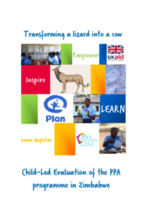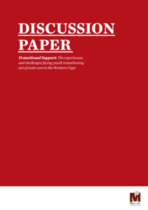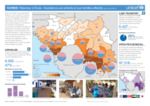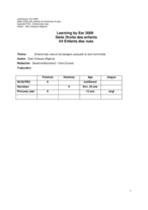"Précieux enfants, précieux parents”
Precieux enfants, Precieux parents rappelle le principe de « continuité familiale » que certains identifient comme un principe de base de l’action de protection de l’enfance au debut du 21 siècle. Il pousse à envisager «la protection de l’enfant » comme un travail de « promotion durable du groupe familial, de ses membres et de ses réseaux».

